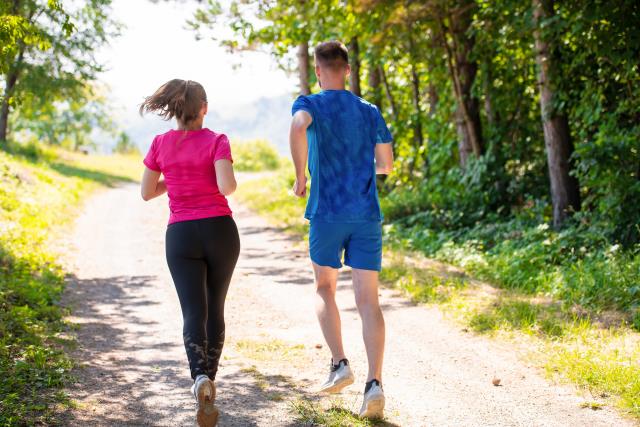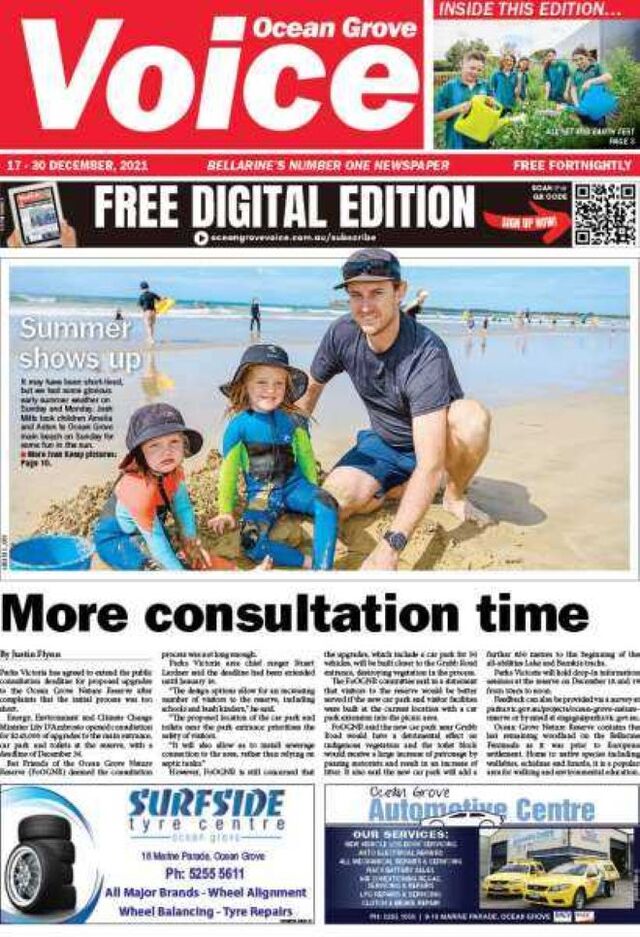Lockdowns have changed the eating habits of Geelong residents, with the number of people using takeaway food services on a regular basis quadrupling over the past four years.
Data released by the City of Greater Geelong from surveys of 1500 residents found 42 per cent of people consumed takeaway meals once or twice per week, an increase from 11 per cent in 2017.
The Geelong Preventative Health Survey is undertaken every four years to help the City better understand the health status of the community and to support planning and decision-making across the region.
Telephone surveys of Greater Geelong residents, aged 15 years and over, were held between January and February by independent research agency Local Government Research Group.
Survey participants, who remained anonymous, were asked questions designed to collect information about their health, lifestyle and wellbeing, such as fruit and vegetable intake and levels of physical activity.
Significant changes from the last survey in 2017’s results were found in region’s eating habits and level of physical activity.
With lockdowns seeing people spend more time at home, the number of people reporting they met the national physical activity guidelines of at least 2.5 hours of moderate activity or 1.25 hours of vigorous exercise each week jumped from 41 per cent to 67 per cent.
However the percentage of people reporting they lived a sedentary lifestyle also rose, from 10 per cent to 21 per cent.
The number of people reporting they were under high or very high psychological distress also spiked, doubling from 10 per cent to 20 per cent.
Surprisingly the number of people indicating they were at an increased lifetime risk of alcohol-related harm decreased, dropping from 57 per cent in 2017 to 37 per cent.
Mayor Stephanie Asher said this information would be vital to the planning of City services and facilities, and promotion of healthy behaviours and environments.
“This is the second time we’ve undertaken this extensive survey of our community, and with these results we’re able to see how residents’ health and wellbeing has changed since 2017,” she said.
“The timing of this survey gives us a greater understanding of how the pandemic has impacted the health and wellbeing of our community.”
This year’s survey also included new questions around involvement in community groups, family violence, multiculturalism and climate change.
Data collected has been released publicly via the City’s Geelong Data Exchange – an online platform to share the data the City collects.









